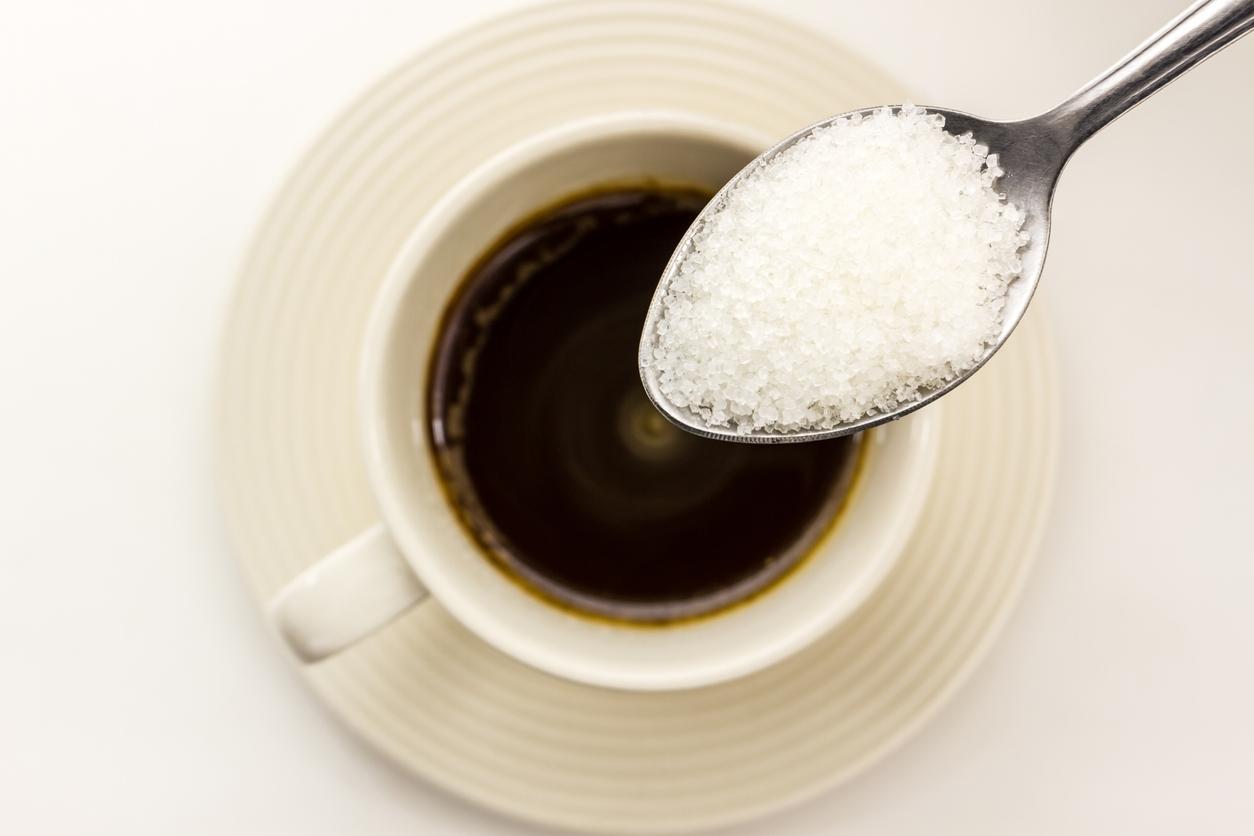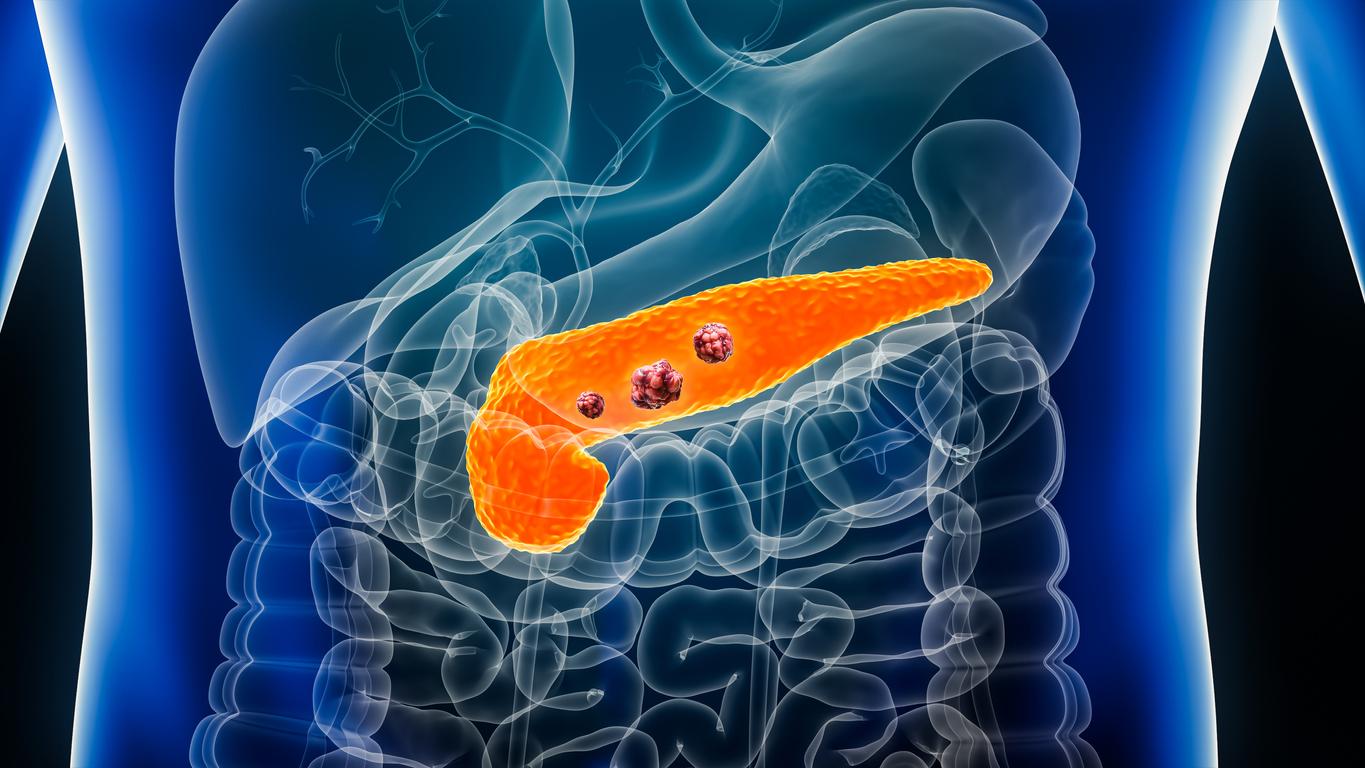Fruit juices, ice creams, cookies, sodas… People who consume these products in which sugar has been added are more likely to develop kidney stones.

- Kidney stones affect one in ten people.
- Adults whose added sugar intake was among the highest 25% of the population had a 39% increased risk of developing kidney stones.
- People from ethnic backgrounds and those with low incomes were also more likely to suffer.
Kidney stone, also known as nephrolithiasis, is a concretion formed by mineral salts. It can be composed of different types of crystals, but in 90% of cases the stone is formed by calcium oxalate, which is called calcium lithiasis. These stones can form in the urinary tract, then move through the bladder and urethra and finally pass out in the urine. According to estimates, one in ten people is affected by this health problem.
High intake of added sugars increases the risk of kidney stones
According to Chinese and Swedish researchers, a high consumption of added sugars can be added to the list of risk factors for kidney stones. In order to reach this conclusion, they carried out a study published in the journal Frontiers in Nutrition. To carry out their work, the scientists analyzed epidemiological data from 28,303 adults, collected between 2007 and 2018 as part of an American health survey. Participants self-reported whether they had a history of kidney stones. Next, the team estimated each participant’s daily intake of added sugars based on their memories during a face-to-face interview and during a phone call.
“The overall average energy intake from added sugars was 272.1 calories,” revealed the authors. According to the results, volunteers with a higher intake of added sugars tended to have a higher current prevalence of kidney stones. Indeed, people whose intake of added sugars was among the highest 25% of the population had a 39% increased risk of developing kidney stones. Another finding: adults belonging to ethnic groups and those with low incomes were more likely to suffer from kidney stones.

Kidney stones and added sugars: the mechanisms involved are not known
For the time being, the mechanisms explaining this link are not yet known. “Further research is needed to explore in detail the association between added sugars and various diseases or disease conditions. For example, what types of kidney stones are most commonly associated with the consumption of added sugars? To what extent should we reduce our consumption of added sugars to reduce the risk of kidney stone formation? Nevertheless, our results already offer valuable indications for the authorities”concluded Shan Yin, author of the study, in a statement.
















